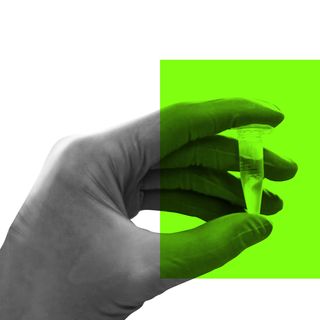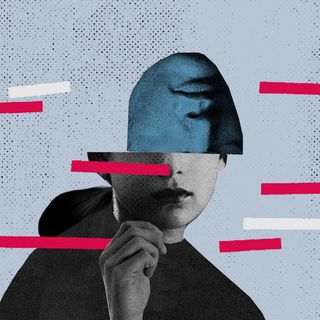A new study, published last month in Frontiers in Psychiatry, found that medicinal cannabis can help alleviate people’s depressive and anxiety symptoms. It is also associated with an overall improvement in quality of life, according to the research.
Scientists from various departments of medicine — such as those in Johns Hopkins University, University at Buffalo, and others — conducted an observational study over four years to come to this conclusion.
They observed the effects of medicinal cannabis in participants and heard firsthand experiences from users, rather than relying on secondhand opinions of medical practitioners.
Overall, the “use of CBD-dominant cannabis products is associated with reduced depression in a sample of mostly female, Caucasian adults,” the study found.
The research involved 368 participants who were cannabis users and 170 who were not (the control group). All participants reported having either anxiety or depression: more specifically, many reported major depressive disorder, postpartum depression, dysthymia, premenstrual dysphoric disorder, seasonal affective disorder, generalized anxiety disorder, panic disorder, social anxiety disorder, and/or agoraphobia.
A baseline survey found that the former group self-reported lower depression, better sleep, less pain, and overall better quality of life.
Significantly, participants who initiated medicinal cannabis use during the follow-up period of the study reported lower anxiety and depression levels, compared with those who did not initiate cannabis use at all.
Researchers further observed these results in those who used cannabis containing cannabidiol (CBD), and not tetrahydrocannabinol (THC). CBD and THC are two natural compounds in cannabis.
Related on The Swaddle:
Himachal Pradesh Is Legalising Cannabis Cultivation for Medicinal, Industrial Use
While they are similar structurally, THC has psychoactive effects or the “high” that users experience while consuming recreationally. CBD, on the other hand, links with reduced anxiety and depression, as well as improvement in chronic pain. It is CBD, therefore, that appears more often in a medical context.
In terms of numbers, a majority reported no adverse side effects from using cannabis. But a small percentage reported other costs such as social and legal stigma, asthma-related effects from smoking or inhaling the product, and intoxication. Ten people reported that their anxiety symptoms worsened, and one person said their depression symptoms worsened. However, it is THC that is responsible for most of these effects, the researchers suggest.
“CBD, a phytocannabinoid that lacks the abuse liability of THC, has potential for therapeutic use in psychiatry,” the study notes.
The research also acknowledged that previous studies on the subject have had mixed outcomes. Often, studies noted cannabis’s impact on anxiety and depression as a secondary effect compared to the main study at hand. In this study, scientists focused on psychiatric populations, and the control group included people who did not initiate medicinal cannabis use but intended to soon alleviate depression or anxiety.
“The purpose of the current study was to extend prior findings by limiting our focus to only participants that reported having anxiety and/or depression,” the authors noted in their study.
“Future placebo-controlled studies are necessary to replicate these findings and to determine the route of administration, dose, and product formulation characteristics to optimize clinical outcomes,” the study concluded.




